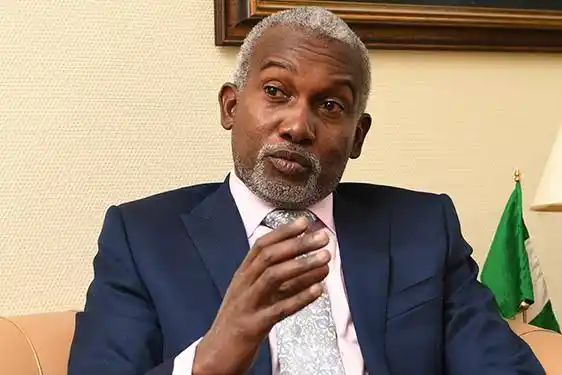
The Economic Community of West African States (ECOWAS) has advanced efforts towards adoption of a single currency, known as the ECO. This was disclosed in Abuja, by the Minister of Foreign Affairs, Amb. Yusuf Tuggar, as a celebration of ECOWAS 50th anniversary reached its final state. Tuggar noted that while the adoption of ECO remained a work in progress, it was crucial in fostering economic integration within the region.
“There are certain criteria to reach in order to meet convergence. At the moment, none of the countries has reached that criteria. That is one of the reasons you see a country like Nigeria embarking on macroeconomic reforms so that we would be able to reach that level that would allow for convergence. Rest assured, it is a work in progress,” Tuggar said.
In 2019, ECOWAS leaders adopted the name “ECO” as the single currency for West Africa, but political and economic factors have delayed its implementation. At the 2023 ECOWAS summit, the adoption of ECO was also a top priority.
The Foreign Affairs Minister noted further that efforts were equally in place, in terms of creating the common, unified market and customs union, adding that it is a reason progress is being made with SIGMAT and all others.
SIGMAT is a key tool for facilitating trade within the ECOWAS region by streamlining customs procedures and promoting faster processing of goods across borders.
Emphasising the importance of the anniversary, Tuggar said the event is not just a celebration; it is a reaffirmation of commitment to the ideals of ECOWAS and the progress made over the past five decades.
The minister highlighted that the anniversary would feature a series of events, including discussions on the achievements of ECOWAS and the challenges it faces, particularly considering recent political changes in member states.
“The event is in two parts. First and foremost, to take place at the National Institute of International Affairs, which is where ECOWAS itself was born. One of the august participants will be the only surviving founding leader, the founding head of state of ECOWAS. And the person of the former head of state, General Yakubu Gowan will be present.
“Thereafter, the second phase will take place at EKO Hotel and Suites. And essentially, it’s an exercise for the revalidation of the commitment that the member countries have for ECOWAS after 50 years,” he said.
The minister also listed several key achievements of ECOWAS, including the successful implementation of the ECOWAS Trade Liberalisation Scheme, which has significantly increased intra-regional trade. He quoted the Abidjan-Lagos and Abidjan-Dakar corridors as vital trade routes that have enhanced connectivity and commerce among member states.
“These initiatives are not just about trade, they are about building a stronger, more integrated West Africa,” Tuggar said. In addition to trade, the minister discussed the importance of standardising regulations across various sectors, such as energy and health. He cited the West Africa Power Pool as an example of how ECOWAS is working to harmonise power generation and distribution among member states.
“One of the major impediments to development is the low volume of trade among countries within Africa. We cannot have a continental free trade area without strong regional economic communities,” Tuggar said.
Fielding questions from journalists on the relocation of ECOWAS agencies from Mali, Niger and Burkina Faso, Tuggar said while this is in line with ECOWAS rules, the members of the Alliance of Sahel States (AES) are always welcome back to the regional bloc anytime.
“It is part of the agreement. If you’re a member, then you have the right to host these agencies. If you leave, then unfortunately they have to relocate to other places. The West Africa Health Organization, for instance, has to leave Burkina Faso. There’s even hot competition amongst the member states that want to host it, but that is unfortunately the rule.
“But you see, it does not mean that we are not hopeful that those countries will come back to the ECOWAS fold. I was in Niger not long ago, and they made it clear to us that they have not ruled out a return in the future.
Under different circumstances, we hope that they will return. And ECOWAS has done its best to give them the opportunity to reconsider or to remain in the community,” Tuggar stated.
